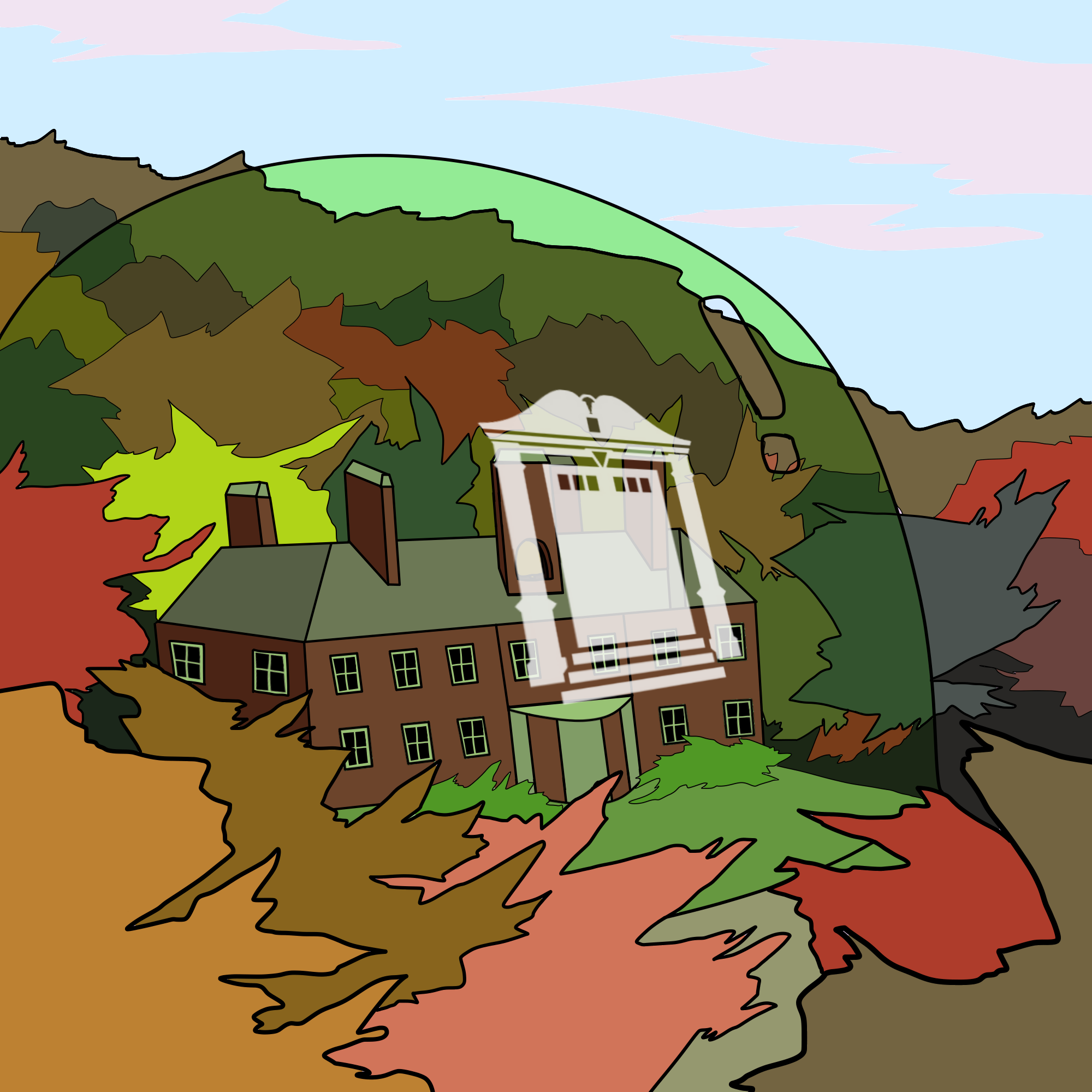At the end of my senior year at Deerfield, I felt as prepared as I could be for college. I’d lived away from home for three years and had challenged myself at an academically rigorous institution. But as soon as I stepped foot onto my college’s campus, I reverted to my first few days at DA. Suddenly, my three years of preparation went out the window. I quickly became nervous, timid, and overwhelmed by my unfamiliar surroundings. It was an entirely new environment: it was scary, yet at the same time, exciting. I was the new kid again, with hundreds of other new students, all with incredible stories to share and adventures to begin. My classmates come from all walks of life—some undocumented immigrants, some refugees from Syria, and some the children of Wall Street titans.
Sure, I was prepared for a more intense workload, and I was more disciplined with my work than many others who were still adjusting to life away from home and learning to manage their own time. But what I was not prepared for were the many conversations about salient issues or interesting events in the world. I could talk at length about my senior English elective on African American voices, but I could not confidently engage in debates about the geopolitical climate in the UK or the political origins of terrorism in Egypt or offer any pointed perspectives because honestly, I didn’t know enough about these matters. Moreover, I didn’t have the necessary skillset to evaluate a current issue and form a coherent point of view on it.

I didn’t realize it while at Deerfield, but I had bought into a crowd mentality—a norm of living that I am no longer accustomed to, after having gone through two years of college. Deerfield is an incredible place with incredibly talented students, but it is worth noting that the majority of students, although not all, grow up relatively well-off, when compared to the average American teenager. The small student body as a whole has a seemingly homogenous take on issues that surround it: the school has historically been relatively conservative, albeit this is a generalization that does not apply to certain minorities of students. This combined with the fact that, in high school, we are young, impressionable kids allows us to get sucked into the group mentality. The community you grow up in, especially if it is an isolated one like DA, provides a foundation for your worldview. And if you ever feel that your opinion opposes the majority opinion in that community, it is harder to speak up. At least this was the case for me. For example, when the Charlie Hebdo conflict occurred in 2015 (my senior year at Deerfield), I didn’t speak out about it, even though I could have had a unique voice on the matter, especially being a Muslim. I felt strongly about it but I didn’t know how to coherently and logically convey my feelings. At the same time, I was scared to challenge predominant (yet sometimes misguided and uninformed) positions.
Similarly, when Deerfield students started hosting Greer chats when I was at DA, I always knew I wanted to say something but I didn’t know how to without letting my emotions overshadow my reasoning. I didn’t know how to handle a debate without it becoming a shouting match.
Deerfield should prepare us for real-life conversations, but this preparation shouldn’t only take the form of teacher-led discussions or rigid, planned class debates. Controversial conversations should be organic: we should be able to have these kinds of conversations naturally, in the dorms or when walking on the pathways to class, which is what I have found happens in college. But in order for this to happen, we first have to learn how not to be offended by differing opinions, how to disagree without getting defensive. We need to be able to have informed opinions based in fact and logic, so that emotion and judgement do not undermine productive conversation.
Deerfield did an excellent job preparing me for the academic world but not so much for the real world, for the interactions that count. That’s what really matters in life, and I wish I had more exposure to that as a high school student. It certainly seems that DA is heading in that direction with the Global Studies and the Inclusion departments, but it needs to take a bigger step in stimulating conversation and teaching its students how to be critical but respectful and how to develop and articulate informed opinions. Students also have a key role to play in driving this change. Now is the time to develop these skills so that the shock does not set students back once they step outside of high school.

